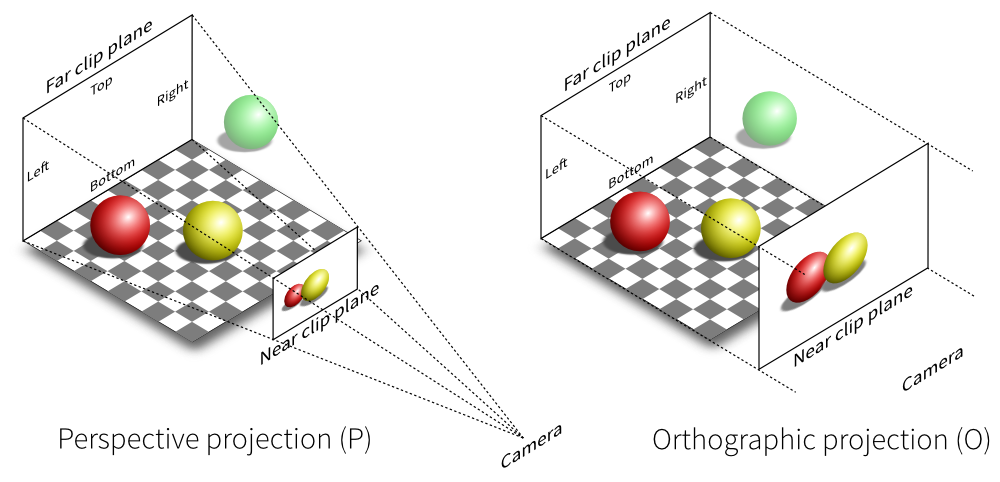1
2
3
4
5
6
7
8
9
10
11
12
13
14
15
16
17
18
19
20
21
22
23
24
25
26
27
28
29
30
31
32
33
34
35
36
37
38
39
40
41
42
43
44
45
46
47
48
49
50
51
52
53
54
55
56
57
58
59
60
61
62
63
64
65
66
67
68
69
70
71
72
73
74
75
76
77
78
79
80
81
82
83
84
85
86
87
88
89
90
91
92
93
94
95
96
97
98
99
100
101
102
103
104
105
106
107
108
109
110
111
112
113
114
115
116
117
118
119
120
121
122
123
124
125
126
127
128
129
130
131
132
133
134
135
136
137
138
|
#include <bits/stdc++.h>
namespace IO {
inline char read() {
static const int IN_LEN = 1000000;
static char buf[IN_LEN], *s, *t;
s == t ? t = (s = buf) + fread(buf, 1, IN_LEN, stdin) : 0;
return s == t ? -1 : *s++;
}
template <typename T>
inline void read(T &x) {
static char c;
static bool iosig;
for (iosig = false, c = read(); !isdigit(c); c = read()) {
if (c == -1) return;
c == '-' ? iosig = true : 0;
}
for (x = 0; isdigit(c); c = read()) x = x * 10 + (c ^ '0');
iosig ? x = -x : 0;
}
inline int read(char *buf) {
register int s = 0;
register char c;
while (c = read(), isspace(c) && c != -1)
;
if (c == -1) {
*buf = 0;
return -1;
}
do
buf[s++] = c;
while (c = read(), !isspace(c) && c != -1);
buf[s] = 0;
return s;
}
const int OUT_LEN = 10000000;
char obuf[OUT_LEN], *oh = obuf;
inline void print(char c) {
oh == obuf + OUT_LEN ? (fwrite(obuf, 1, OUT_LEN, stdout), oh = obuf) : 0;
*oh++ = c;
}
template <typename T>
inline void print(T x) {
static int buf[30], cnt;
if (x == 0) {
print('0');
} else {
x < 0 ? (print('-'), x = -x) : 0;
for (cnt = 0; x; x /= 10) buf[++cnt] = x % 10 | 48;
while (cnt) print((char)buf[cnt--]);
}
}
inline void print(const char *s) {
for (; *s; s++) print(*s);
}
inline void flush() { fwrite(obuf, 1, oh - obuf, stdout); }
struct InputOutputStream {
template <typename T>
inline InputOutputStream &operator>>(T &x) {
read(x);
return *this;
}
template <typename T>
inline InputOutputStream &operator<<(const T &x) {
print(x);
return *this;
}
~InputOutputStream() { flush(); }
} io;
}
namespace {
#define long long long
using IO::io;
const int MAXN = 3000;
int n, m;
int a[MAXN + 1], sum[MAXN + 1];
int f[MAXN + 1], g[MAXN + 1];
inline double slope(const int a, const int b) {
return (double)(g[a] - g[b] + sum[a] * sum[a] - sum[b] * sum[b]) /
(double)(sum[a] - sum[b]);
}
inline void solve() {
io >> n >> m;
for (register int i = 1; i <= n; i++) io >> a[i];
for (register int i = 1; i <= n; i++) sum[i] = sum[i - 1] + a[i];
memset(f + 1, 0x3f, sizeof(int) * n);
for (register int j = 1; j <= m; j++) {
memcpy(g, f, sizeof(f));
memset(f, 0, sizeof(f));
static int q[MAXN + 1];
register int *l = q, *r = q;
*r = 0;
for (register int i = 1; i <= n; i++) {
while (l < r && slope(*(l + 1), *l) < 2 * sum[i]) l++;
f[i] = g[*l] + (sum[i] - sum[*l]) * (sum[i] - sum[*l]);
while (l < r && slope(*r, *(r - 1)) > slope(*r, i)) r--;
*++r = i;
}
}
io << f[n] * m - sum[n] * sum[n];
}
#undef long
}
int main() {
solve();
return 0;
}
|



